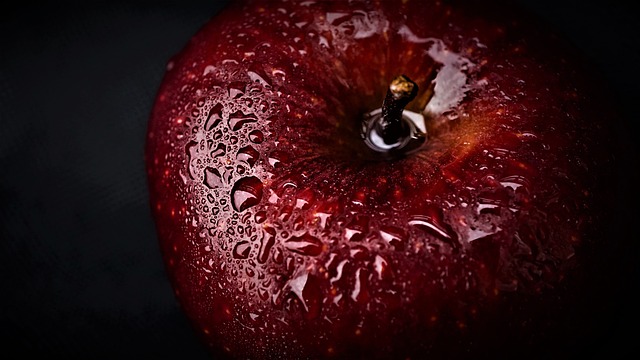Tap into the Fountain of Youth: Anti-Aging Properties of Probiotics Revealed
When it comes to the quest for eternal youth, people have tried countless products and treatments. From miracle creams to invasive surgeries, there’s always a new solution promising to turn back the clock. However, what if the secret to anti-aging could be found in something as simple as probiotics?
Probiotics, known as the “good” bacteria, have gained significant attention in recent years for their potential health benefits. Typically associated with gut health, these friendly bacteria offer not only digestive support but also a surprising array of anti-aging properties.
1. Boosting Collagen Production
Collagen is a protein that supports the structure, elasticity, and firmness of our skin. As we age, collagen production naturally declines, leading to the appearance of fine lines, wrinkles, and sagging skin. Fortunately, certain strains of probiotics, such as lactobacillus and bifidobacterium, have been found to stimulate collagen production, helping to restore youthfulness to the skin.
By incorporating probiotics into your daily routine, whether through supplements or fermented foods like yogurt and sauerkraut, you can provide your body with the necessary support to maintain collagen levels and promote healthier, more radiant skin.
2. Protecting Against UV Damage
The harmful effects of UV radiation from the sun are a major contributor to premature aging. Prolonged sun exposure can lead to wrinkles, age spots, and even skin cancer. However, research suggests that probiotics may offer some protection against UV damage.
A study published in the International Journal of Molecular Sciences found that consuming lactobacillus-containing yogurt for 12 weeks had a protective effect against UV-induced skin damage. The probiotics appeared to enhance DNA repair mechanisms, reducing the risk of sun-related aging signs.
3. Combating Inflammation
Chronic inflammation is a common denominator in many age-related diseases and conditions, including arthritis, heart disease, and neurodegenerative disorders. It also plays a significant role in skin aging.
Probiotics have been shown to help modulate the body’s inflammatory response, reducing the production of pro-inflammatory markers. By promoting a balanced immune system and preventing chronic inflammation, probiotics can help slow down the aging process and promote overall well-being.
4. Improving Gut Health
While not directly related to skin aging, maintaining a healthy gut is essential for overall health and longevity. Probiotics help restore the balance of bacteria in the gut, promoting better digestion, nutrient absorption, and immune function.
When your gut is healthy, it reflects on the outside. A dysfunctional gut can lead to digestive issues, skin problems, and even weakened immunity. By nurturing your gut with probiotics, you can take a proactive approach to aging gracefully.
5. Reducing the Appearance of Age Spots
Age spots, also known as liver spots or sunspots, are flat, brown patches that commonly appear on the face, hands, shoulders, and arms as we age. These spots are primarily caused by years of sun exposure and can make us look older than we are.
Probiotics can help fade age spots by inhibiting the enzyme responsible for their production. Applying topical probiotics or using skincare products containing probiotics may help lighten dark spots and even out skin pigmentation.
Conclusion
While we can’t stop the aging process, we can certainly embrace strategies to slow it down and maintain a youthful appearance. Probiotics offer an effective and natural way to tap into the fountain of youth. From promoting collagen production and protecting against UV damage to combating inflammation and improving gut health, probiotics provide a holistic approach to healthy aging.
So, if you’re looking to defy age and achieve that youthful







